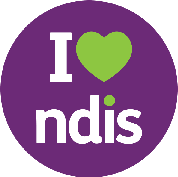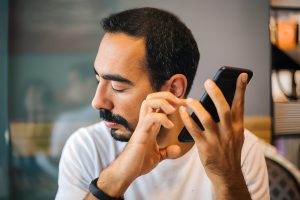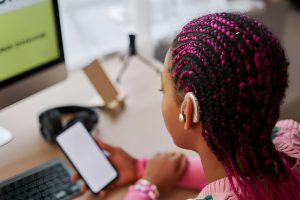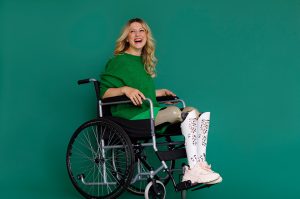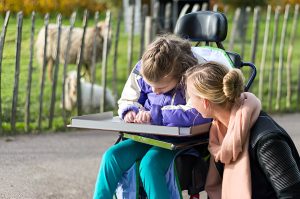NDIS social and recreation support is designed to help people with disability take part in community life, hobbies, and everyday activities. From catching up with friends, to joining a pottery class, to watching live music these supports make participation easier, safer, and more inclusive. In this article, we explain what social and recreation supports are, what the NDIS can and cannot fund, how funding decisions are made, and how you can include them in your plan.
In this article, we explain what social and recreation supports are, what the NDIS can and cannot fund, how funding decisions are made, and practical steps to include them in your plan.
What are social and recreation supports?
Social and recreation supports are the extra assistance you may need because of your disability to take part in everyday leisure and community activities. These supports aim to increase independence, improve wellbeing, and build social connections.
Common examples include:
- Visiting friends and family
- Playing sports or taking part in active hobbies
- Going to movies, concerts, museums, or shopping
- Joining classes like dance, art, or pottery
- Relaxation activities such as yoga or meditation
You are expected to pay the standard costs everyone pays like entry fees, membership, or normal equipment. The NDIS may fund the additional disability-related supports that help you join in.
👉 Learn more about NDIS funding in Australia – what the NDIS covers and what it doesn’t.
What the NDIS can fund
The NDIS can fund supports that are directly related to your disability and meet the “reasonable and necessary” criteria. Examples include:
- A support worker to assist with personal tasks so you can attend a class.
- Short-term capacity-building supports to help you learn to participate independently.
- Assistive technology or modified equipment that enables you to join activities.
- Transport support where public transport is not accessible and family/friends cannot reasonably assist.
For more guidance on building your plan, see our article on understanding NDIS support coordination.
What the NDIS does not fund
The NDIS will not fund:
- Basic activity costs like entry fees, tickets, or memberships.
- Standard sporting equipment (e.g., a tennis racquet, soccer boots).
- Participation in professional or elite-level competitions.
- Supports for very young children where parents are expected to supervise.
For a bigger picture on what the NDIS excludes, read NDIS funding in NSW – what you’re entitled to and how to use it.
How the NDIS decides on social and recreation supports
When deciding whether to fund a support, the NDIS considers:
- Is it directly related to your disability needs?
- Does it help achieve the goals in your NDIS plan?
- Is it value for money compared with other options?
- Is it safe, legal, and effective?
- Could family, friends, or community reasonably provide it instead?
If you’re unsure how these rules apply, working with a support coordinator can help you prepare evidence and link supports to your goals.
Reasonable adjustments in the community
Community organisations, clubs, shops, and venues are required to make “reasonable adjustments” so people with disability can access their services. Adjustments may include ramps, inclusive communication, or allowing adapted equipment.
If an organisation cannot make reasonable adjustments, and this prevents your participation, the NDIS may consider funding targeted supports. For more details, see the Australian Human Rights Commission guidance on disability rights.
Getting social and recreation supports in your plan
To include these supports in your NDIS plan, you’ll need evidence explaining what you require. Steps to take:
- Talk to your my NDIS contact or support coordinator early.
- Gather allied health reports or OT assessments that describe your disability-related needs.
- Show how the support links to your plan goals (e.g. building friendships, learning skills).
- Explain why family or community cannot meet the need.
Need help preparing evidence? Book an appointment with Centre of Hope – our team can help you gather the right documents and present your case clearly.
Where supports appear in your plan
Most social and recreation supports are funded in the Core budget. If equipment or assistive technology is required, that may be in the Capital budget.
If your needs change, you can request a plan review. For tips, read our guide on your participant journey with the NDIS – from application to ongoing plan use.
What to do if you disagree with a decision
If the NDIS denies your request, you will receive written reasons. You can request an internal review within three months. Support coordinators and advocacy services can help with this process.
For practical advice, see our article on NDIS support coordinator tips – how to choose the right one for you.
Practical tips to strengthen your request
- Provide recent, specific evidence from allied health professionals.
- Link the support directly to your NDIS goals.
- Explain why community or family support isn’t enough.
- Consider short-term supports to build independence.
- Keep notes and examples of your progress to show in future reviews.
Your Path to Community Participation
Social and recreation activities are a vital part of life. With the right supports, you can build skills, make connections, and improve wellbeing. The NDIS is designed to fund the extra help you need to participate.
If you’d like personalised guidance on preparing for your NDIS planning meeting, or you need help finding local programs, contact Centre of Hope. Our friendly team supports participants across NSW to make the most of their NDIS plan.
👉 Learn more in our NDIS blog or request a referral today.

